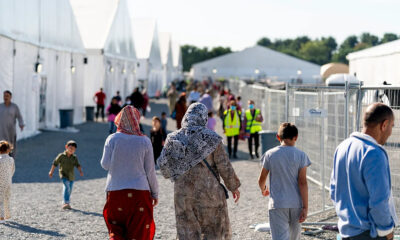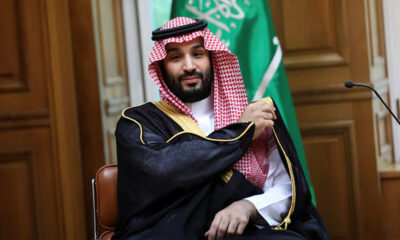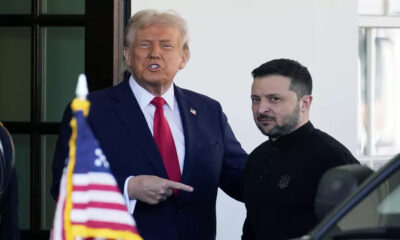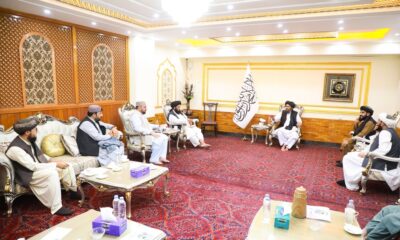Latest News
Pakistan, Afghanistan urged to start fresh talks on TTP
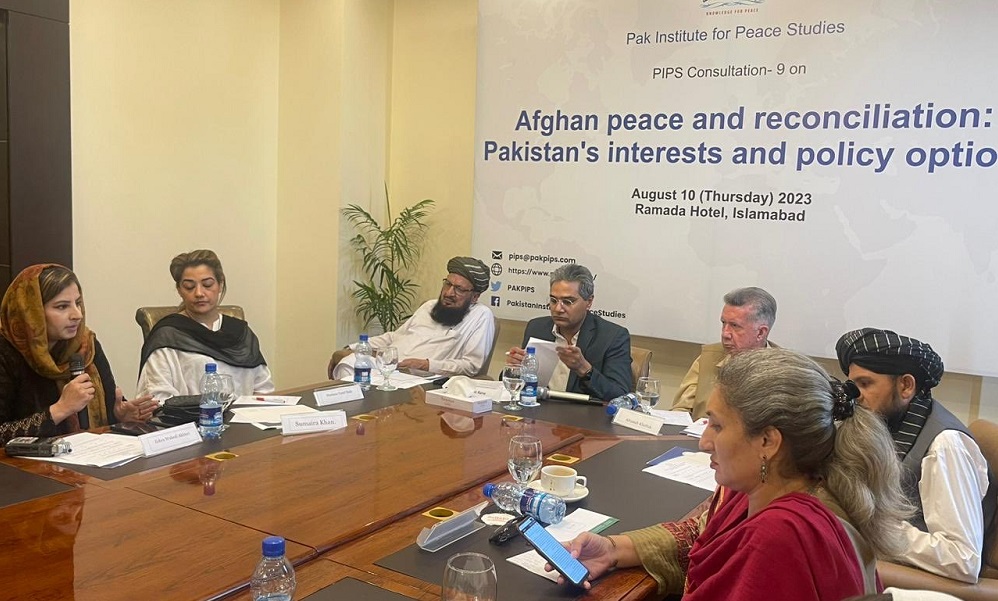
Speakers at a consultation in Islamabad on Friday urged that both Pakistan and Afghanistan should start fresh negotiations to break the ongoing deadlock over the issue Tehrik-e-Taliban Pakistan (TTP) and cross-border terrorism.
They said that Pakistan lacked continuity in its policies towards Afghanistan and added that Islamabad should form some “realistic and holistic” policy for the neighbouring country, which must be brought into public domain to make it more productive, Pakistan’s The Nation newspaper reported.
Academics, politicians, journalists, religious scholars, and experts on Afghan affairs, etc., from Pakistan and Afghanistan expressed these views at a consultation on “Afghan peace and reconciliation: Pakistan’s interests and policy options.”
The consultation was the 9th one in a series of discussions organised by Pak Institute for Peace Studies (PIPS), an Islamabad- based research and advocacy think tank, on the Afghan peace process.
The discussants said that Pakistan should avoid talking to the Islamic Emirate of Afghanistan (IEA) in a “tough tone” as negotiations were the only way forward. They added that the role of ulema was crucial in this regard. They further said that Pakistan’s initiative of fencing the Pak-Afghan border could not fully succeed in stopping cross-border terrorism from Afghanistan and it should enhance its capacity to prevent such violence.
Senior journalist Haroon Rashid taking part in the discussion said that the issue of TTP was the basic impediment in bilateral relations between Pakistan and Afghanistan. “There is a deadlock on the matter, which will persist as long as both sides don’t find a solution to the problem,” he said. He underlined that Pakistan would have to work on some strategy to weaken the TTP.
Mufti Muhammad Qasim Haqqani, central leader of Jamiat Ulema- e-Islam-Fazl (JUI-F) in Chaman (Balochistan), suggested that a delegation of local religious scholars and Pashtun leadership should meet with IEA in Kabul to discuss with them all issues between the two countries, including that of TTP militants. “Separate conferences of ulema of Pakistan and Afghanistan should be held in Kabul and Islamabad to debate and resolve issues between both the countries,” he also said.
“First of all, there is a need to understand the ideological basis of the Afghan Taliban (IEA) and the TTP,” said Ameer Jamaat-e-Islami Balochistan Maulana Abdul Haq Hashmi. He added that both did not accept the modern democratic system and they needed to discuss and address this issue as well.
Journalist Sami Yousafzai argued that Islamabad should not be harsh on Kabul over the issue of the presence of TTP militants in Afghanistan. He said that Pakistan must avoid giving hard-hitting statements against the IEA.
Latest News
Trump administration to end protection program for Afghans
Over 8,000 Afghans were approved for TPS as of last year, according to federal statistics.
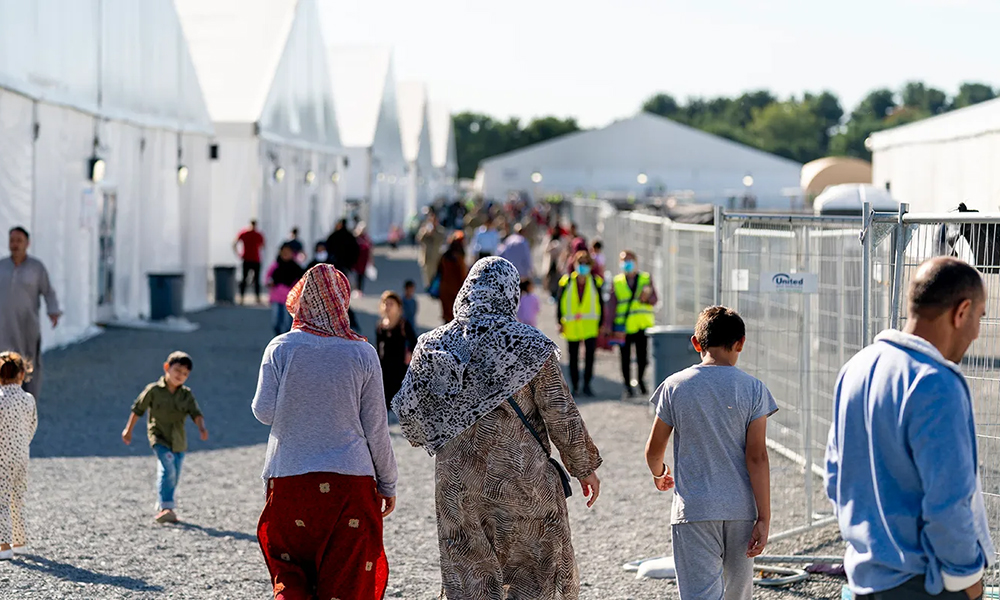
The Trump administration is ending the Temporary Protection Program that offered deportation protection to thousands of people from Afghanistan.
The Department of Homeland Security said Monday it will end the program on July 12.
The TPS program allows migrants to get work permits and temporary reprieve from deportation if the U.S. government determines it is unsafe for them to return to their home countries due to war, natural disaster or other issues.
Over 8,000 Afghans were approved for TPS as of last year, according to federal statistics.
TPS was last extended for Afghanistan in 2023, and it was set to expire in May unless the Trump administration chose to grant another extension.
“This decision is unconscionable and will have long-lasting ripple effects,” #AfghanEvac, a group that helps relocate Afghans, said in a post on X.
Latest News
Domestic investors eye $650 million investment in Hajigak iron mine
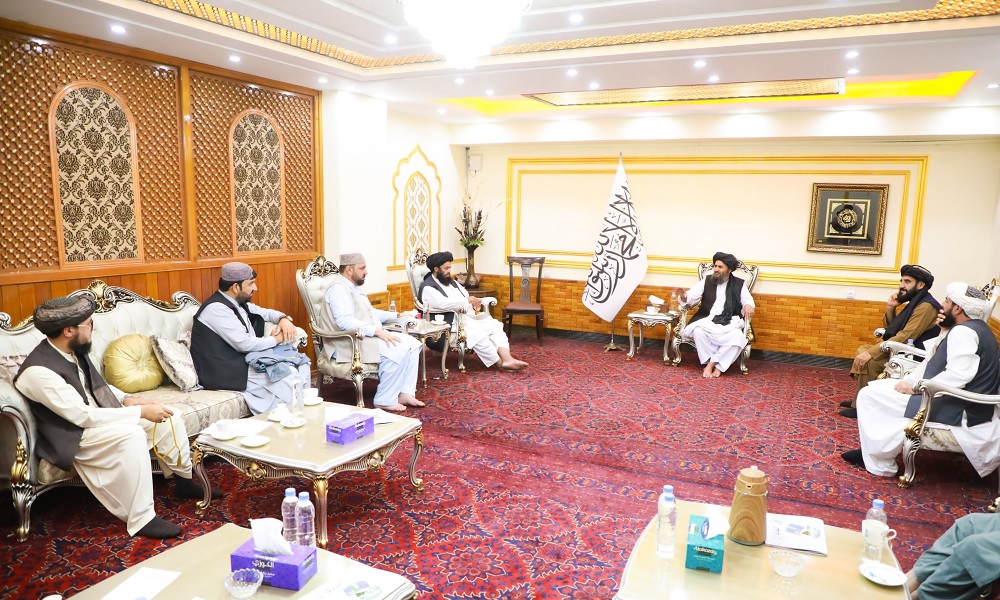
A number of domestic investors have announced plans to invest $650 million in three phases for the exploration and extraction of one of the blocks in the Hajigak iron mine.
The announcement was made during a meeting on Monday with Mullah Abdul Ghani Baradar, Deputy Prime Minister for Economic Affairs, who welcomed the initiative and reaffirmed the Islamic Emirate’s full support for such investments.
According to the investors, the project will be implemented in partnership with a foreign company and carried out using professional and modern mining standards. In addition to extraction, the plan includes the establishment of a sponge iron processing plant within Afghanistan, equipped with advanced technology and compliant with international standards.
The facility is expected to process up to 9,000 tons of sponge iron daily, converting it into steel billets to meet Afghanistan’s domestic demand for iron products. The project is also projected to create 6,000 direct jobs, contributing significantly to the local economy.
Mullah Baradar instructed the Ministry of Mines and Petroleum to collaborate closely with the investors and to regularly report on the project’s progress. He reiterated the government’s commitment to supporting initiatives that foster economic growth and self-reliance in the mining sector.
Latest News
Afghan energy minister leaves for international energy conference in Uzbekistan
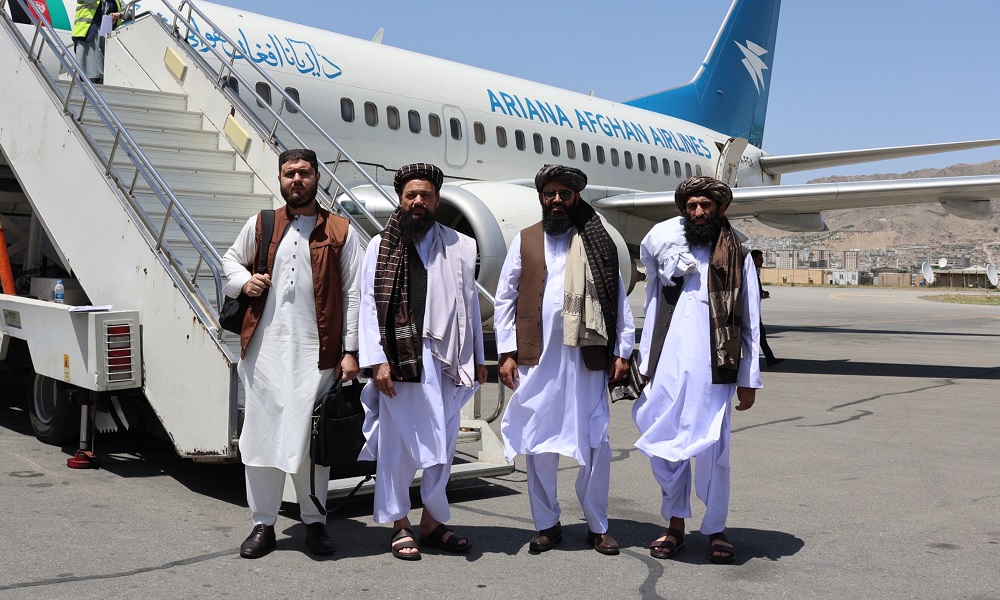
Acting Minister of Energy and Water Abdul Latif Mansoor has left Kabul for Tashkent to participate in the fifth Uzbekistan International Energy Conference.
The event is part of Energy Week of Uzbekistan 2025 that is focused on regional partnership for sustainable energy. It will be held from May 13 to 15.
The aim of the summit is to strengthen regional cooperation, attract investment in joint energy projects, exchange experiences and promote green technology, the Ministry of Energy and Water said in a statement.
During the conference, Mansoor is expected to emphasize expanding cooperation with regional countries, attracting foreign investment and using successful international experiences in the field of energy resource management, the statement said.
Representatives of regional countries, including Uzbekistan, Kazakhstan, Turkmenistan, Russia, as well as organizations s such as the International Atomic Energy Agency and the World Bank, are expected to attend the conference.
-

 Sport5 days ago
Sport5 days agoAriana Television to broadcast 4th edition of Afghanistan Futsal Premier League
-
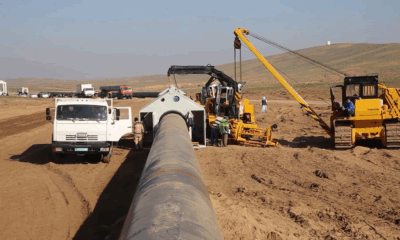
 Latest News5 days ago
Latest News5 days agoTAPI pipeline to reach Herat by end of 2025: Ministry
-
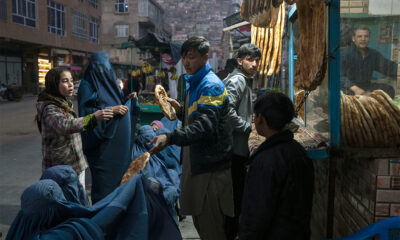
 Latest News5 days ago
Latest News5 days agoNearly one-third grapple with hunger in Afghanistan: WFP
-

 Sport5 days ago
Sport5 days agoIPL 2025: Dharamsala match abandoned due to security concerns
-

 Regional4 days ago
Regional4 days agoIndia says military stations attacked by Pakistan drones and missiles
-
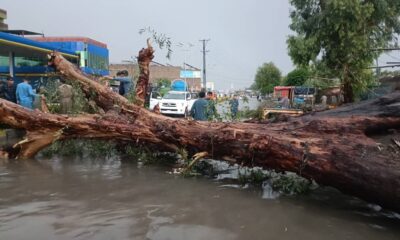
 Latest News4 days ago
Latest News4 days agoOne dead, dozens injured as powerful storm strikes Jalalabad, Afghanistan
-
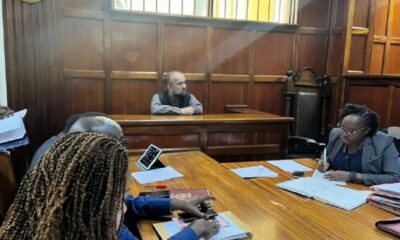
 Latest News4 days ago
Latest News4 days agoEx-Afghan deputy speaker Qadeer back in Kenyan court for criminal case
-
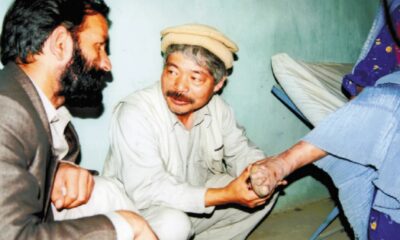
 Health4 days ago
Health4 days agoJapanese charity Peshawar-Kai to resume leprosy treatment in Afghanistan


